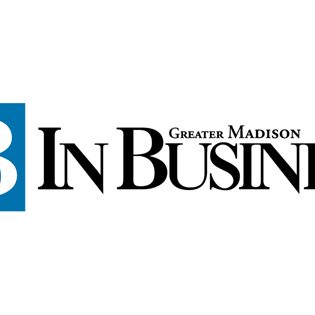Here are some of the tax changes included in the package that passed 12-4 along party lines and the price tag for each:
*Create an income and franchise tax deduction for banks on commercial loans of $5 million or less to borrowers located in the state that would be used primarily for a business or agricultural purpose. The move would reduce state tax collections by $65.2 million over the biennium. Backers of the move point out commercial banks pay state income taxes, while credit unions don’t. The move is designed to help banks be more competitive in making loans of that size. It also would reduce the surcharge revenues that banks pay into the state’s economic development fund by $130,000 annually starting in 2024-25.
*Increase the refundable portion of the research tax credit to 25 percent of the credit amount from 15 percent. The move would save companies $17.3 million over the biennium. Evers had proposed increasing the refundable portion of the credit to 50 percent.
Tom Still, president of the Wisconsin Technology Council, says the organization supports the research tax credit expansion.
“Almost all companies in Wisconsin or elsewhere need to innovate to remain competitive,” he said in a statement. “That requires investing in research and, in turn, developing the best ideas that come out of that research into products and processes. The decision to increase Wisconsin’s R&D tax credit from 15% of allowable expenses to 25% is a smart step forward.”
*Boost the sales tax retailer’s discount rate to 0.75 percent from 0.5 percent and increase the maximum discount a retailer may claim per reporting period to $8,000 from $1,000. It would reduce sales tax collections $36.6 million over the biennium. The move would benefit retailers, who collect and remit the sales tax. The discount is meant to help reimburse those costs, though retailers say they would still lose money even at the enhanced rate included in the package.
Wisconsin Grocers Association Vice President for Governmental Affairs Mike Semmann told WisPolitics he is hopeful the governor will approve the measures.
“We’re pleased that the Joint Finance Committee recognized the increased costs, particularly in light of inflation, that retailers are facing,” Semmann said.
*Increase the discount rate that cigarette manufacturers and distributors receive on cigarette tax stamp purchases for their administrative costs to 1.25 percent from 0.8 percent. The move would decrease cigarette tax revenues by $3.2 million over the biennium. Tax stamps must be affixed to each pack of cigarettes before they can be sold in Wisconsin. Manufacturers and distributors receive the discount as compensation for their administrative costs.





